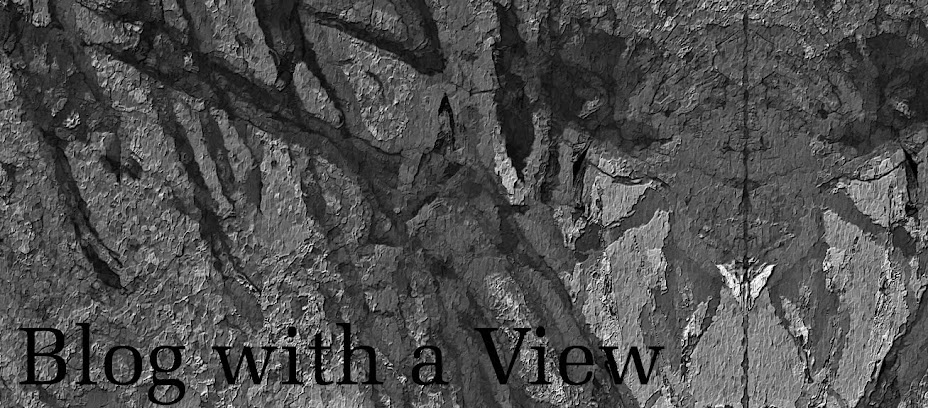The Technicians (2001)
Today's image is for Holocaust Remembrance Day.
From Catholic World News -- on the 60th anniversary of the liberation of Auschwitz:
Pope John Paul II referred to the Auschwitz death camp as "the tragic fruit of programmed hatred," as world leaders observed the 60th anniversary of the camp's liberation.
Cardinal Jean-Marie Lustiger of Paris, the Jewish-born cardinal whose mother died at Auschwitz, served as the Pope's personal representatives at the commemoration service in Poland, and read the Pope's message. In that message, the Holy Father recalled his own visit to the camp in 1979, when he "paused before the memorial stones with dedications to the victims in so many languages," and warned that no nation should ever forget the Holocaust.
No one can remain indifferent to the suffering of the Jewish people under Nazi rule, the Pope wrote; it was "a crime that forever darkens the history of mankind." The tragedy of the Holocaust, the said, should serve forever as a warning of "the abuse of power and terrorism."
And from a page on "The Holocaust and Genocide":
Germany, says Richard Rubenstein, "demonstrated that a modern state can successfully organize an entire people for its own extermination."
"Over the whole way to their deaths," says Robert Pendorf, "the Polish Jews got to see hardly more than a handful of Germans."
"Prisoners from a special work detail, the so-called sonderkommando," notes Franciszek Piper, "had to perform all the auxiliary work: removing bodies from gas chambers, cutting the hair, tearing out gold teeth, and burying corpses. The sonderkommando consisted mainly of Jewish prisoners originating from the countries from which the latest transports were arriving."
Literary agent Barbara Rogan recalls moving to Israel and reading a manuscript submitted by a former Jewish sonderkommando , who -- among other things he did to survive -- burned concentration camp bodies. "What fixes the book in my mind," says Rogan, "... [was] his attempt to deal with overwhelming, abiding guilt ... someone ought to have published it, but as far as I know, no one has."
At the peak of the Auschwitz murder process, there were nearly 1,000 Jewish sonderkommandos -- 450 from Hungary, 200 from Poland, and 180 from Greece. They were overseen in the hierarchy by 19 Russian prisoners of war, five Poles, and a German kapo. [SOFSKY, W., 1993, p. 268] Wherever they were in the hierarchy of death, all were subject to immediate execution if they refused to fulfill their assigned role in mass murder under the Nazis. At the Treblinka concentration camp, about a thousand Jewish sonderkommandos ran the daily routines.
The Totenjuden ("Jews of Death") were "those who handled the bodies, those who took them out of gas chambers, extracted their teeth, and carried them to the ditches." The Platzjuden ("Jews of the Square") were in charge of "herding the Jews out of the cars, collecting their baggage, and clearing the cars." Another group of Platzjuden' s task was to aid "these convoys undress and to carry their clothing into the sorting square.
[...]
The world of these two commandos obviously had an indelicate side, since they participated directly in the final process of liquidation." The Goldjuden sorted out valuables and "subjected [new arrivals] to an intimate search." Hofjuden ("Court Jews") were involved in the "upkeep of the camp and the personal service of The Technicians [Nazi overseers]."

No comments:
Post a Comment